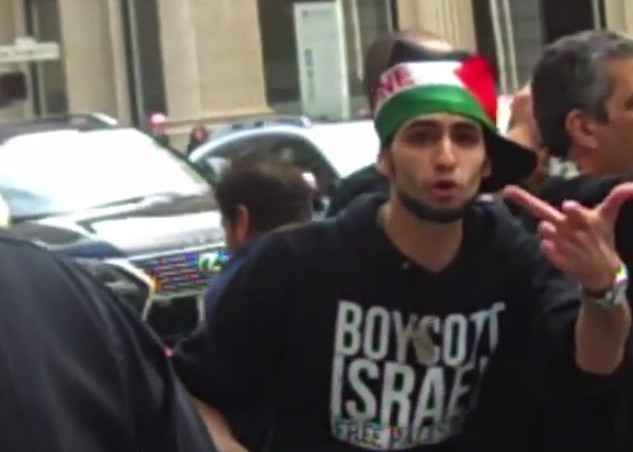Hijacking of #BlackLivesMatter by anti-Israel activists already has damaged the movement
on August 21, 2016
23 Comments
The "Movement for Black Lives," a coalition of approximately 50 Black Lives Matter groups, recently issued a policy platform which raised issues such as mass incarceration, policing, and other issues of importance.
Yet in that platform were included deranged libelous accusations against one and only one foreign country - Israel. That section of the platform was not surprising to anyone who has been paying attention to our coverage of how anti-Israel activists methodically and deliberately set out years ago to stoke racial tension against Israel by falsely accusing Israel of being responsible for local police shootings of blacks in the U.S. That effort went into overdrive during the Ferguson riots after the Michael Brown shooting in the summer of 2014.
Since then, redirecting the U.S. Black Lives Matters movement to turn it as a weapon against Israel has been a top priority for anti-Israel activists, including those working under the banner of the Boycott, Divestment and Sanctions movement.
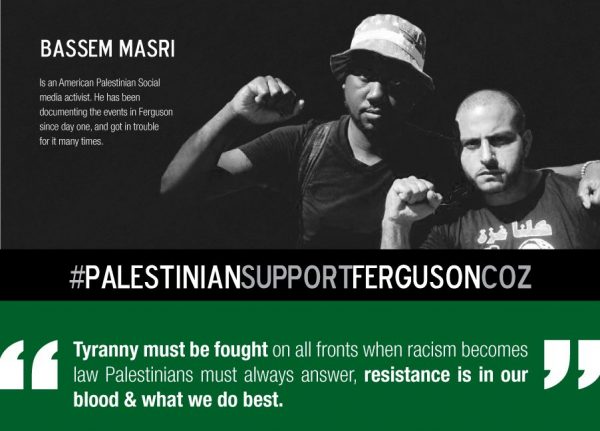 The platform language against Israel was a milestone in that effort, putting the Black Lives Matter movement in the position of accusing Israel of the Crimes Against Humanity of Genocide and Apartheid. But in order to do that, those terms had to be redefined in ways that are applied to no one else.
The platform language against Israel was a milestone in that effort, putting the Black Lives Matter movement in the position of accusing Israel of the Crimes Against Humanity of Genocide and Apartheid. But in order to do that, those terms had to be redefined in ways that are applied to no one else.
 The platform language against Israel was a milestone in that effort, putting the Black Lives Matter movement in the position of accusing Israel of the Crimes Against Humanity of Genocide and Apartheid. But in order to do that, those terms had to be redefined in ways that are applied to no one else.
The platform language against Israel was a milestone in that effort, putting the Black Lives Matter movement in the position of accusing Israel of the Crimes Against Humanity of Genocide and Apartheid. But in order to do that, those terms had to be redefined in ways that are applied to no one else.

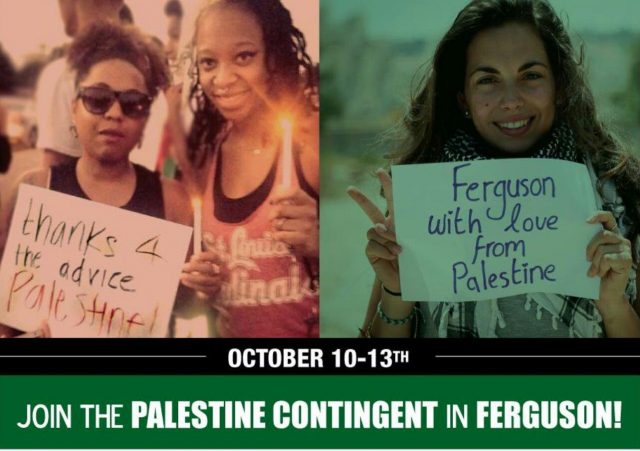
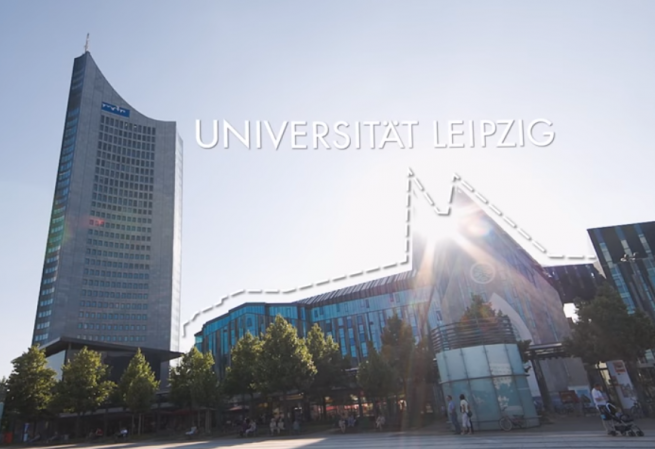
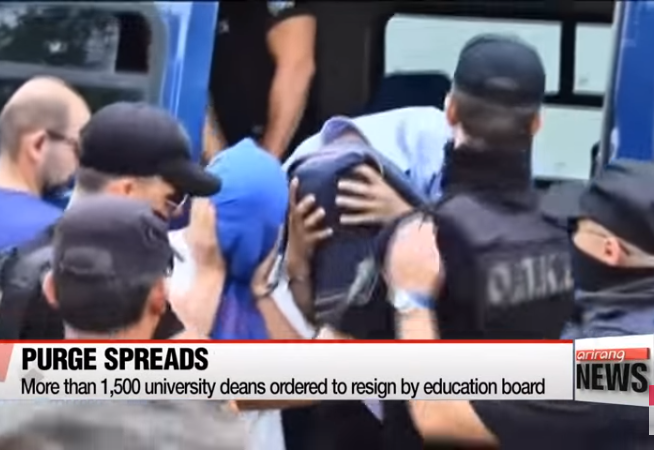

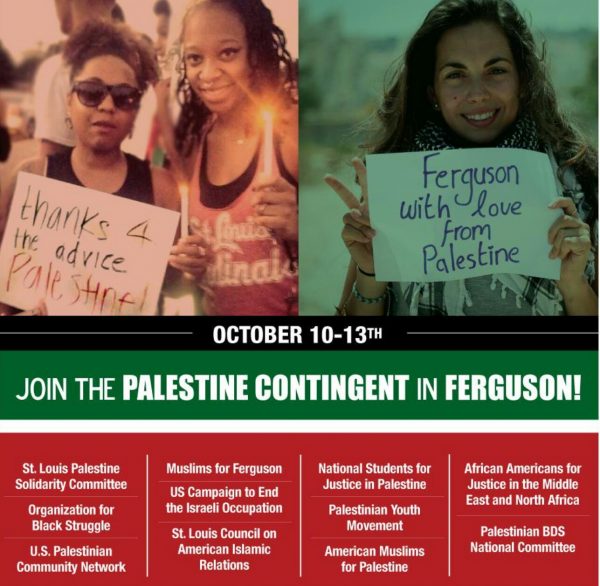 We were among the first to call attention to this development, which was largely ignored by the the Jewish and pro-Israel communities which support many of the issues raised by the Black Lives Matter movement.
Ferguson was a turning point, as leading anti-Israel U.S. professor Robin Kelley
We were among the first to call attention to this development, which was largely ignored by the the Jewish and pro-Israel communities which support many of the issues raised by the Black Lives Matter movement.
Ferguson was a turning point, as leading anti-Israel U.S. professor Robin Kelley 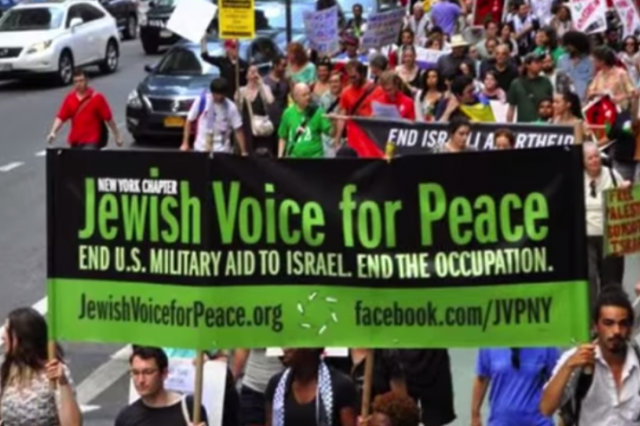
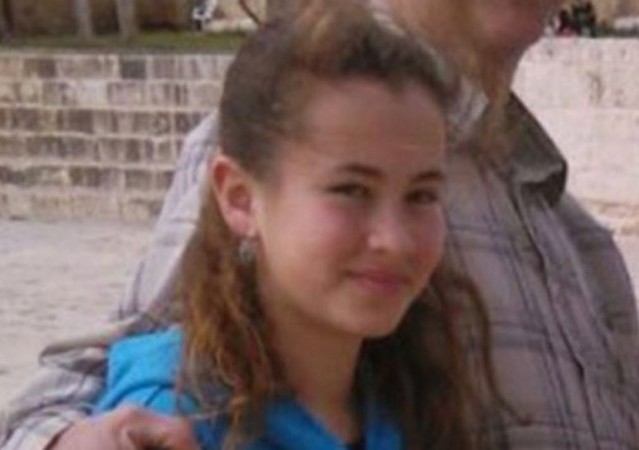

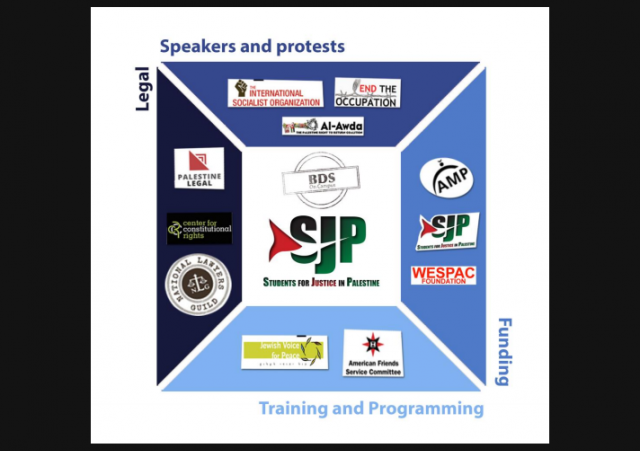
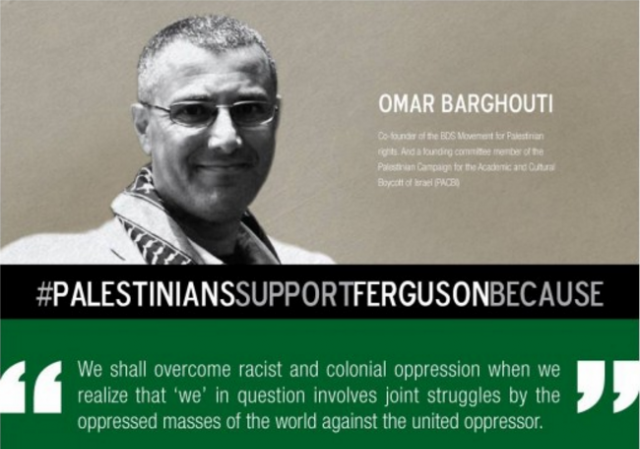
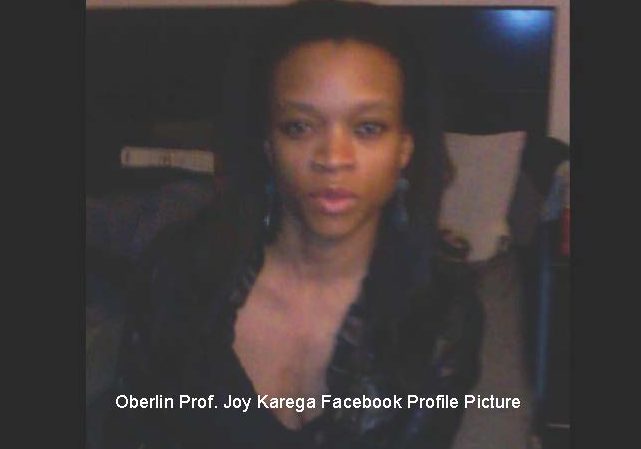


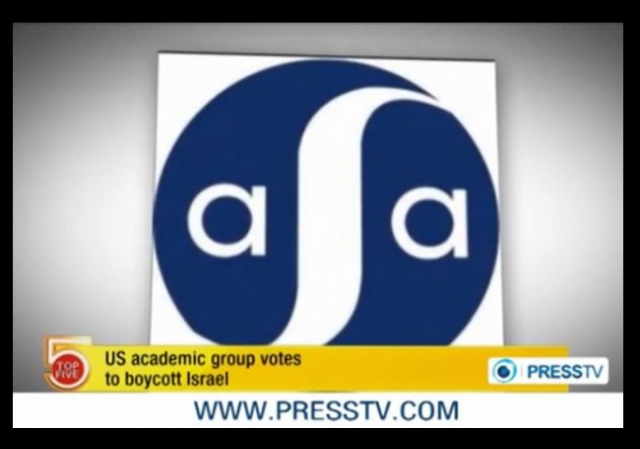

 We have highlighted this problem for years, including these recent posts:
We have highlighted this problem for years, including these recent posts:

